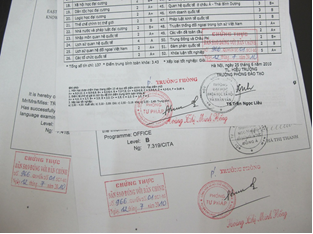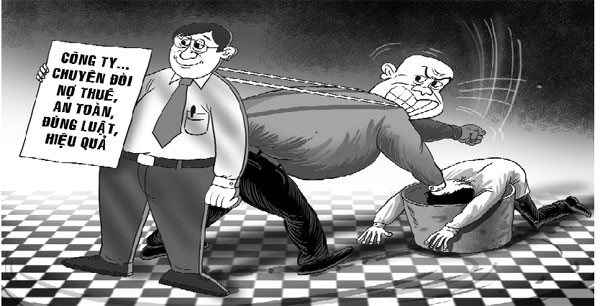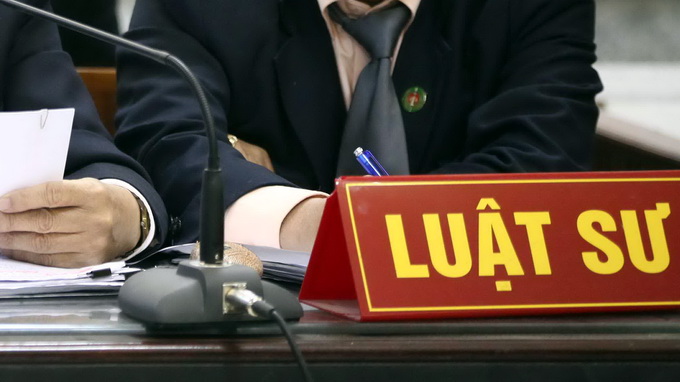State Audit Law 2015 comprises 9 chapters and 73 articles (compared to the current State Audit Law, the Draft increases by 1 chapter, reduces by 3 articles, in which 11 new articles are added and 14 articles from the 2005 Law are removed) with the following fundamental new points…
Scope and Auditing Objects
The Law on the State Audit Office of Vietnam (SAOV) stipulates that the auditing objects of the SAOV are the management and use of public finance and assets and activities related to the management and use of public finance and assets of the auditee. The law clearly defines the content of public finance and assets within the audit scope of the SAOV (Article 3). Due to the expanded audit scope stipulated by the Constitution, in addition to the auditees as defined by the current law, the 2015 Law on the SAOV supplements the auditees to include public debt management agencies.
For enterprises: enterprises with over 50% of charter capital held by the State. For enterprises with up to 50% of charter capital held by the State, if necessary, the Auditor-General decides the objectives, criteria, content, and appropriate auditing methods (Clause 10 of Article 55).
Legal Value of the Audit Report
The 2015 Law on the State Audit has provisions on the legal value of the audit report. The audit report of the SAOV is a document prepared and published by the SAOV to evaluate, verify, conclude, and recommend on the matters audited. Defining the legal value of the audit report is significant for the auditee as well as agencies and organizations using it in their operations. Therefore, the law stipulates: The SAOV’s audit report, after its issuance and public disclosure, is mandatorily enforceable for the auditee regarding violations in managing and using public finance and assets. Additionally, it stipulates that the SAOV’s audit report serves as a basis for the National Assembly, the Government of Vietnam, agencies, and organizations in their management, operation, and performance of duties and powers, and as a basis for the auditee to exercise the right to file complaints.
Auditor-General
The regulation regarding the Auditor-General is revised to align with the Constitution’s provisions; the term of the Auditor-General is modified from 7 years to 5 years to align with other positions in the state machinery. Specifically, the Auditor-General is elected, dismissed, and removed by the National Assembly upon the recommendation of the Standing Committee of the National Assembly and is responsible before the National Assembly and its Standing Committee for the organization and operation of the State Audit Office of Vietnam. The term of the Auditor-General is 5 years, corresponding to the term of the National Assembly. The Auditor-General may be re-elected but not for more than two consecutive terms.
Audit Duration
To ensure that audit results promptly serve the activities of authorized state agencies, the law specifies a maximum duration. According to Article 34, the duration of an audit should not exceed 60 days. In complex and necessary cases, the Auditor-General can extend it once for no more than 30 days. For performance audits evaluating the economy, effectiveness, and efficiency in the management and use of public finance and assets nationwide, which usually require a longer audit duration, the Auditor-General will specify the audit duration accordingly.
Disclosure of Audit Results
To facilitate the oversight of the SAOV's activities and compliance with the law and SAOV’s recommendations by the auditees, the law stipulates that the audit report, after issuance, is publicly disclosed by the Auditor-General through one or multiple forms such as press conferences, publication in the Official Gazette and media, posting on the SAOV’s website and publications, and posting at the headquarters of the auditee.
Responsibilities of Agencies and Organizations
To enhance the role and responsibility of agencies in SAOV activities, the law supplements Chapter 7, stipulating the responsibilities of agencies, organizations, and individuals related to the State Audit Office’s activities. This includes regulations on: the National Assembly with the SAOV; the Government of Vietnam with the SAOV; the responsibilities of investigative agencies, People’s Procuracies, People’s Courts, People’s Councils, People’s Committees; the responsibilities of agencies and organizations in managing and using public finance and assets; and the responsibilities of relevant agencies, organizations, and individuals in audit activities. It also defines the authority of the National Assembly to supervise, the responsibility to report, explain, and answer questions of the Auditor-General before the National Assembly and deputies (Article 63).
Source: hepza.hochiminhcity.gov.vn
 Article table of contents
Article table of contents









.Medium.png)
.Medium.png)
.Medium.png)
.Medium.png)
